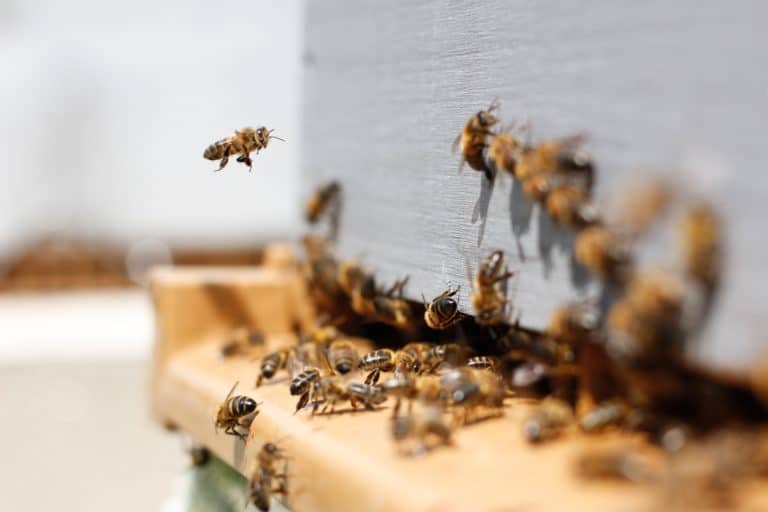Hive regulations: everything you need to know
Would you like to become a beekeeper, or are you considering it as a sideline? In either case, beekeeping is a highly regulated activity, and requires a number of administrative procedures to be considered legal. So, before you go out and buy your beekeeping kit, here’s our advice on how to comply with beekeeping regulations with complete peace of mind.
What are beehive regulations?
Beehive regulations are all the procedures you need to follow to declare your activity. These are grouped around three declarations: the beehive registration of your location, the declaration of the start of your activity, and your registration number.
The location of your apiary
To comply with beehive regulations, the location of the beehive must first and foremost respect neighborly rules.
You need to plan a site that respects distance, safety and hygiene standards. Beehive regulations have been drawn up by prefects in accordance with Articles L.211-6 and L.221-7 of the French Rural and Maritime Fishing Code. Beehives must be set up away from sugar-industry businesses (confectioners, pastry-makers, sugar factories, jam-makers, etc.), and at a distance of 100m from sensitive collective establishments (schools, hospitals, etc.).
If you’d like to find out more about the ideal location for your hive to optimize honey production, read our dedicated article.
Declaring your apiary
The purpose of this registration is to declare your apiary as your main activity, or as a parallel activity to your main activity. To register your beehive, you need to go to your local prefecture and fill in an online public services form.
Your registration
It’s easy to do, and authorization is generally granted within two months of your request, provided you meet all the criteria set out in your online declaration. In particular, you’ll receive :
- your registration number, which provides proof of your practice and sales activities.
- The NAPI, or beekeeper number, groups together all the numbers of your various apiaries. It’s a way of checking the number of beehives declared against the surface area available, as well as enabling you to obtain European aid, developed as part of the European Agricultural Plan. To be completed online, or if you don’t have Internet access, you can send us a Cerfa 139995*04 document.
- Registration of your hive, with the number of colonies developed.
Your auto-entrepreneur declaration
All beekeepers applying for regulation of their activity must open a company, whether or not they sell their honey production. It is therefore essential to create a company in order to obtain a SIRET number. This is mandatory to comply with the beehive regulations in force.

Final legal points to know as a beekeeper
When you set up as a beekeeper, whether on a full-time, part-time or occasional basis, beekeeping regulations give you rights and duties. There are a number of legal points to be aware of to ensure that your business runs smoothly.
Hive legislation
As a professional or private individual, you must meet a number of obligations in order to comply with the legislation governing your hive, such as :
- Take out civil liability insurance,
- Make your declaration every year, regardless of the number of apiaries you have,
Make sure your bees are in a healthy, stress-free environment, and that you sell quality honey. And don’t forget to equip your beekeepers with secure outfits.
Processing your request
To make sure you’re complying with the beehive legislation set up by your prefecture, make sure you send a letter in May to your prefecture’s GDS. This is accompanied by a questionnaire, which enables you to keep abreast of the extent of your activity, and whether it has changed over the course of the year. It also reveals the type of beekeeping you do.


